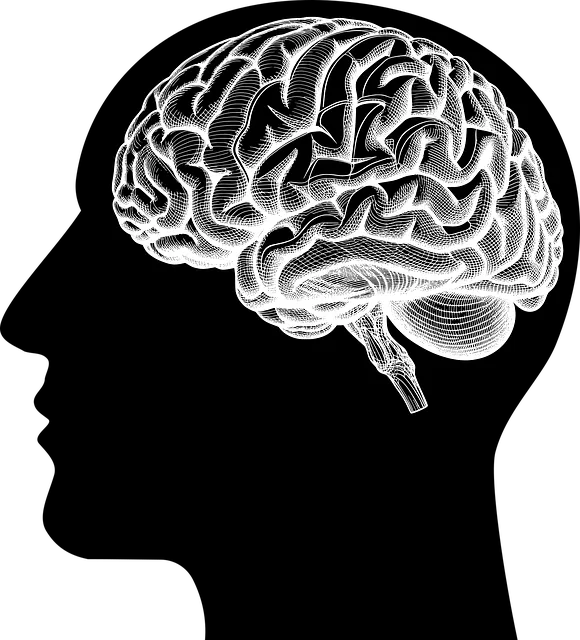The text emphasizes the detrimental impact of stigma on mental health, particularly in seeking support from superior Kaiser Permanente mental health providers. Stigma prevents many from accessing care, worsening distress and reducing quality of life. To combat this, these providers lead efforts in stigma reduction through education and evidence-based practices like Depression Prevention, Mindfulness Meditation, and Confidence Boosting. Public education, initiated by media and schools, alongside community engagement with Kaiser Permanente, normalizes conversations about mental wellness and breaks down barriers to care. Open dialogue and initiatives tailored to diverse populations ensure everyone has access to accurate information and support, aiming for a society that embraces empathy and understanding for those facing mental health challenges.
Mental illness stigma remains a significant barrier to accessing quality care, yet efforts to reduce it are gaining momentum. This article explores the profound impact of stigma on mental health and highlights the crucial role played by Superior Kaiser Permanente mental health providers in combating this issue. We delve into effective strategies, emphasizing open conversations and community engagement, to foster an environment where individuals feel supported and empowered to seek help without fear of judgment.
- Understanding the Impact of Stigma on Mental Health
- The Role of Kaiser Permanente Mental Health Providers in Reducing Stigma
- Effective Strategies to Combat Mental Illness Stigma
- Encouraging Open Conversations and Community Engagement
Understanding the Impact of Stigma on Mental Health

The impact of stigma on mental health cannot be overstated, especially when it comes to individuals seeking support from superior Kaiser Permanente mental health providers. Stigma often acts as a barrier, leading many to suffer in silence and avoid necessary care. This can result in prolonged periods of distress, reduced quality of life, and even increased risk of suicide. When someone internalizes the negative perceptions associated with mental illness, it can lead to feelings of shame, isolation, and fear, making it challenging to initiate or maintain treatment.
Effective stigma reduction efforts focus on improving communication strategies that foster understanding and empathy. By educating the public about mental wellness, including burnout prevention techniques, we can create a more supportive environment. Superior Kaiser Permanente mental health providers play a crucial role in these initiatives by offering evidence-based practices tailored to individual needs. Through open dialogue and accessible resources, they contribute to breaking down barriers, reducing fear, and encouraging individuals to prioritize their mental health without hesitation.
The Role of Kaiser Permanente Mental Health Providers in Reducing Stigma

The Superior Kaiser Permanente mental health providers are at the forefront of stigma reduction efforts, playing a pivotal role in shaping public perception and understanding of mental illness. Through their dedicated work, these professionals foster an environment of compassion and support, challenging societal stereotypes associated with psychological conditions. They actively engage in education and outreach programs, breaking down barriers and misconceptions by providing accurate information about various mental health disorders.
By integrating evidence-based practices such as Depression Prevention strategies, Mindfulness Meditation techniques, and Confidence Boosting activities into their treatment plans, the Kaiser Permanente team offers comprehensive care. This holistic approach not only addresses the symptoms but also empowers individuals to manage their well-being effectively. Their efforts contribute significantly to a more inclusive and supportive society where mental illness is met with empathy and understanding rather than judgment.
Effective Strategies to Combat Mental Illness Stigma

Stigma reduction efforts play a crucial role in fostering understanding and empathy for mental illness. One effective strategy involves educating the public through accessible platforms like media and schools, highlighting the human stories behind mental health conditions to dispel myths and promote compassion. Engaging with communities, especially through organizations like Kaiser Permanente, can amplify these messages by leveraging the expertise of superior mental health providers. These professionals can offer guidance on managing symptoms, such as implementing Mood Management techniques or engaging in Confidence Boosting activities, thereby normalizing conversations around mental wellness.
Furthermore, integrating practices like Mindfulness Meditation into daily routines has been shown to reduce stigma and promote self-care. By encouraging individuals to prioritize their mental health through accessible tools and resources, we can create a more inclusive society where those facing mental illness feel supported rather than shamed. This collective effort is essential in breaking down barriers and ensuring everyone has access to the care they need.
Encouraging Open Conversations and Community Engagement

Encouraging open conversations about mental health is a powerful tool in the fight against stigma. The community plays a vital role in creating an environment where individuals feel safe to share their experiences and seek support. Superior Kaiser Permanente mental health providers often emphasize the importance of breaking down barriers through honest dialogue, fostering understanding, and reducing fear associated with mental illness. Engaging in conversations allows for the spread of positive thinking and dispels misconceptions prevalent in society.
Community engagement initiatives can range from hosting educational workshops and awareness campaigns to providing crisis intervention guidance tailored to diverse populations. By actively participating in these activities, mental health professionals contribute to a broader understanding of mental wellness and available resources. This collaborative approach ensures that everyone, regardless of background, has access to accurate information and timely support when facing mental health challenges.
Mental illness stigma reduction is a collective effort that requires open conversations at every level of society. The superior Kaiser Permanente mental health providers play a pivotal role in this process by offering compassionate care and educating communities. Through effective strategies like challenging stereotypes, promoting awareness, and fostering community engagement, we can create an environment where individuals with mental health conditions feel supported and empowered to seek help without fear of judgment. Encouraging open dialogues helps dispel myths and encourages early interventions, ultimately improving outcomes for those facing mental health challenges.



